#Kings College Cambridge
Explore tagged Tumblr posts
Text
Considering I find little to no comfort in religion, I find a ridiculous amount of comfort in hymns performed by the choirs of Kings College and Vienna Sangerknaben. I don't know what that says about me.
#abide with me#choirs#vienna sangerknaben#kings college cambridge#agnostic#some of the hymns have nice chords but the lyrics are dodgy#calming#soothes the soul
14 notes
·
View notes
Text
“When the facts change, I change my mind."
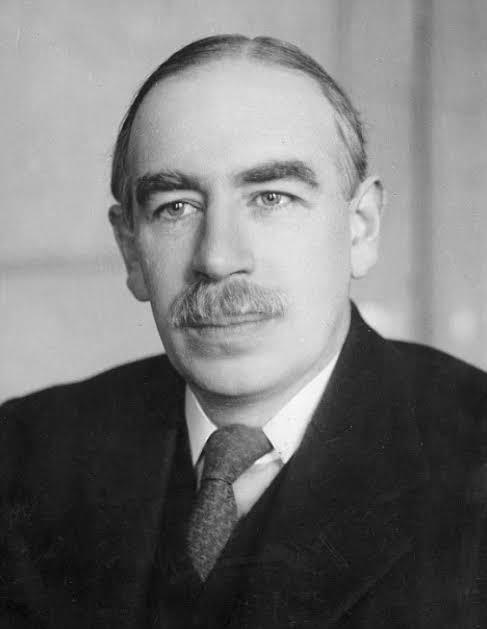
John Maynard Keynes (1883-1946) is one of the most influential economists of modern times. Educated at Cambridge University, he returned to teach at, and become a fellow of, Kings College, Cambridge. In 1915 Keynes joined the UK Treasury and acted as an advisor to government for many years.
The General Theory of Employment, Interest, and Money: John Maynard Keynes is best known for his seminal work, "The General Theory of Employment, Interest, and Money" (1936), which laid the foundation for modern macroeconomics and introduced concepts such as aggregate demand and the importance of government intervention in the economy.
Role in the Bretton Woods Conference: Keynes played a significant role in the Bretton Woods Conference in 1944, which led to the establishment of the International Monetary Fund (IMF) and the World Bank, aiming to stabilize the global economy post-World War II.
Keynesian Economics: Keynesian economics advocates for increased government expenditures and lower taxes to stimulate demand and pull the global economy out of depression. This theory became particularly influential during and after the Great Depression.
Advisor to the UK Government: Throughout his career, Keynes served as an economic advisor to the British government, especially during World War I and the Great Depression, helping to shape economic policy and wartime financing.
Cambridge Apostle: During his time at Cambridge University, Keynes was a member of the Cambridge Apostles, an intellectual secret society. This group included many prominent thinkers and had a significant influence on Keynes's intellectual development.
#John Maynard Keynes#Keynesian economics#Cambridge University#Kings College Cambridge#Influential economist#Macroeconomics#UK Treasury#Government advisor#The General Theory of Employment#Interest and Money#Economic policy#Fiscal policy#Keynesian Revolution#Aggregate demand#Employment theory#Depression economics#20th-century economics#Economic intervention#Keynesianism#British economist#Public spending#quoteoftheday#today on tumblr
0 notes
Text
All Different Endings of Maurice and Alec from E.M. Forster's Maurice
Having been to the King's College archive myself, as well as read the Abinger edition of Maurice (which examines the differences between various versions of the manuscripts stored at the archive), I can conclude that there are 3 main different versions of the novel: from 1914, 1932, and 1952-1959, each differing from one another in Forster's treatment of the relationship between Maurice and Alec after the British Museum.
1914 version:
Order: British Museum - Southhampton - Penge with Clive - Epilogue
NO HOTEL SCENE, NO BOATHOUSE
In this version, Maurice and Alec do not spend the night together after the British Museum; Alec asks Maurice to but Maurice refuses with a long speech about how they shouldn't be together because of their class differences. So they part ways instead.
Maurice, however, does go to the Southhampton to see Alec off. After not seeing Alec there, Maurice leaves with Reverend Borenius at end of the chapter directly to Penge to say goodbye to Clive.
The reunion between them is implied first during Maurice's farewell to Clive—"I've wired to him (that I understand why he missed the boat)"—and then specifically illustrated in the written epilogue.
1932 version:
Order: British Museum - Southhampton - Penge with Clive
NO HOTEL SCENE, NO BOATHOUSE, NO EPILOGUE
The British Museum chapter is pretty much the same as the published version.
Maurice and Alec stay the night but there is NO hotel chapter written out. Their night together is only described in 4 lines at the beginning of the Southampton chapter as an "unwise escapade".
The scene thus goes from Maurice saying "To hell with with it" directly to him at the Southampton.
The end of the Southampton chapter as well as the farewell chapter with Clive conform to the 1914 version: i.e. no boathouse reunion.
Epilogue by 1932 had already been disregarded by Forster, so the only clue we have to the reunion between Maurice and Alec is Maurice's line "I've wired to him (that I understand)".
Therefore the 1932 version is the least hopeful in regards to the happy ending between Maurice and Alec.
1950's version:
Order: British Museum - Hotel - Southhampton - Boathouse - Penge with Clive
This is basically the final and published version that we all have read.
The hotel chapter was drafted out in 1952 and added to the 1932 manuscript.
But it wasn't until 1958 that Forster was able to finally and fully pen out how Maurice and Alec reunite at the boathouse.
It must be noted that Forster had troubles finding a way to bring Maurice and Alec together, and in fact refused to reunite them for decades. The boathouse reunion, Alec sending a wire to Maurice, and Maurice not receiving that wire but instinctively knowing where Alec is nonetheless—all were only conceived by Forster in 1958.
Therefore—and this is really the most touching and important part—according to scholars and editors of the Abinger edition...
"now we shan't be parted no more, and that's finished" were by logic the very last words Forster had written for the novel. Alec's promise marks the end of Maurice's search for a friend, as well as the end of Forster's writing progess for Maurice. It is both a fictional and a real-life farewell.
#em forster#maurice#maurice 1987#maurice em forster#maurice hall#alec scudder#em forster maurice#clive durham#university of cambridge#kings college#gay novels#gay literature#homosexuality#happy ending#gay books#edwardian era#dark academism#dark academia#dark acadamia aesthetic#dark acadamia quotes#dark acamedia
632 notes
·
View notes
Photo
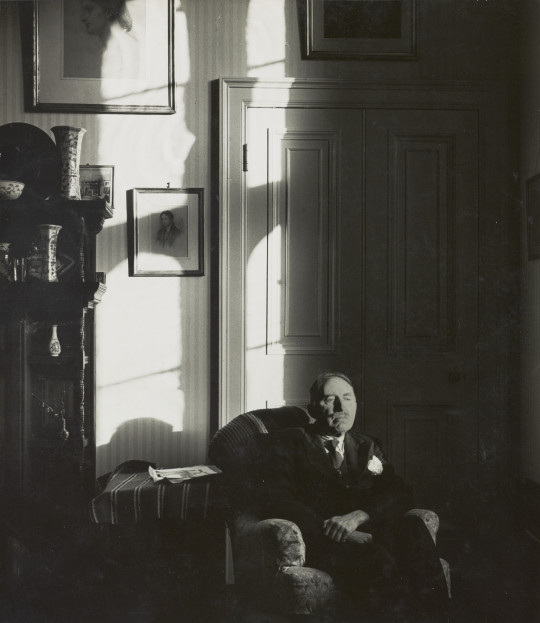
Out of date myself, I like out of date things, and am willing to pass out of focus in that company, inheritor of a mode of life which is wanted no more.
- E. M. Forster
E.M. Forster in his rooms at King’s College, Cambridge.
#forster#em forster#quote#literature#scholar#bloosmbury#cambridge#king's college#tradition#custom#heritage#conservatism#old#culture
180 notes
·
View notes
Text

King's College.
Cambridge, England
2016
#cambridge#england#kings college#architecture#tudor era#travel#original photography#photographers on tumblr#photography#lensblr#urbanexploration#urban exploration#urban photography#united kingdom#college#university#great britain#wanderingjana
16 notes
·
View notes
Text
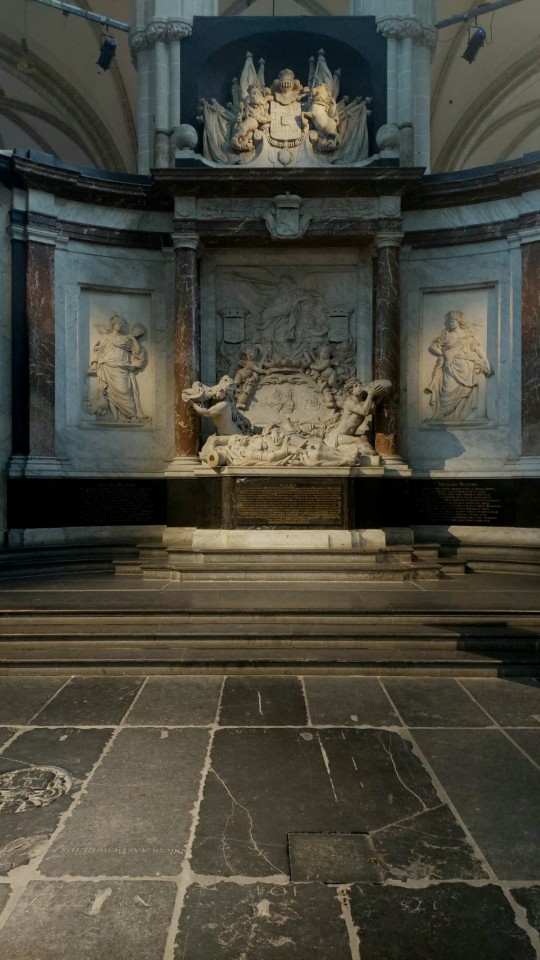

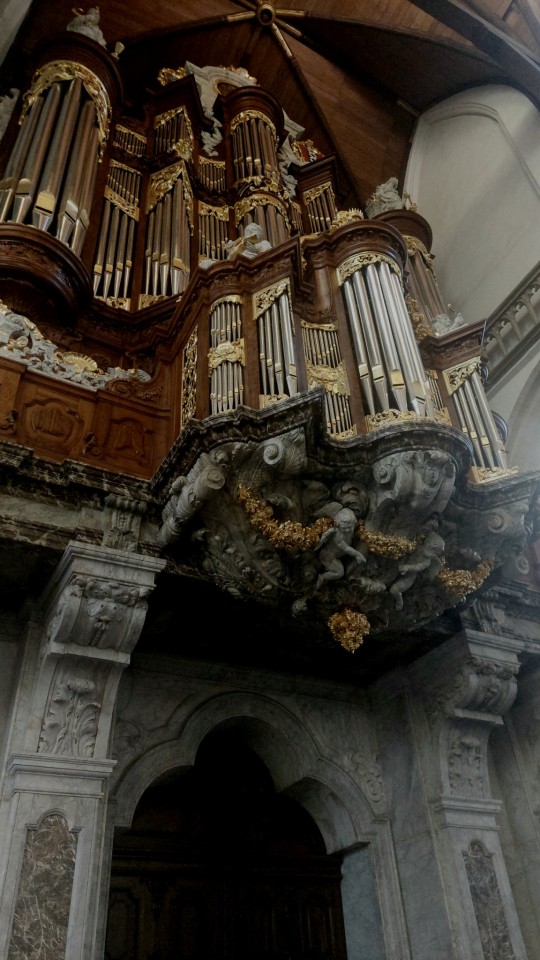

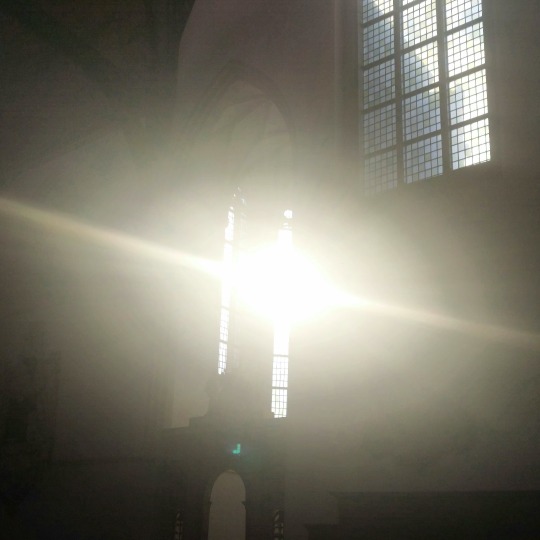
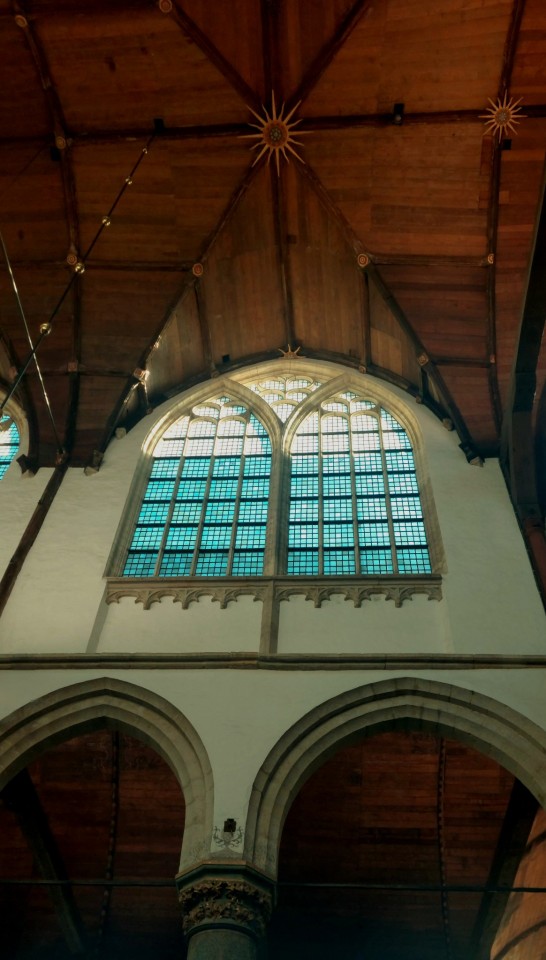

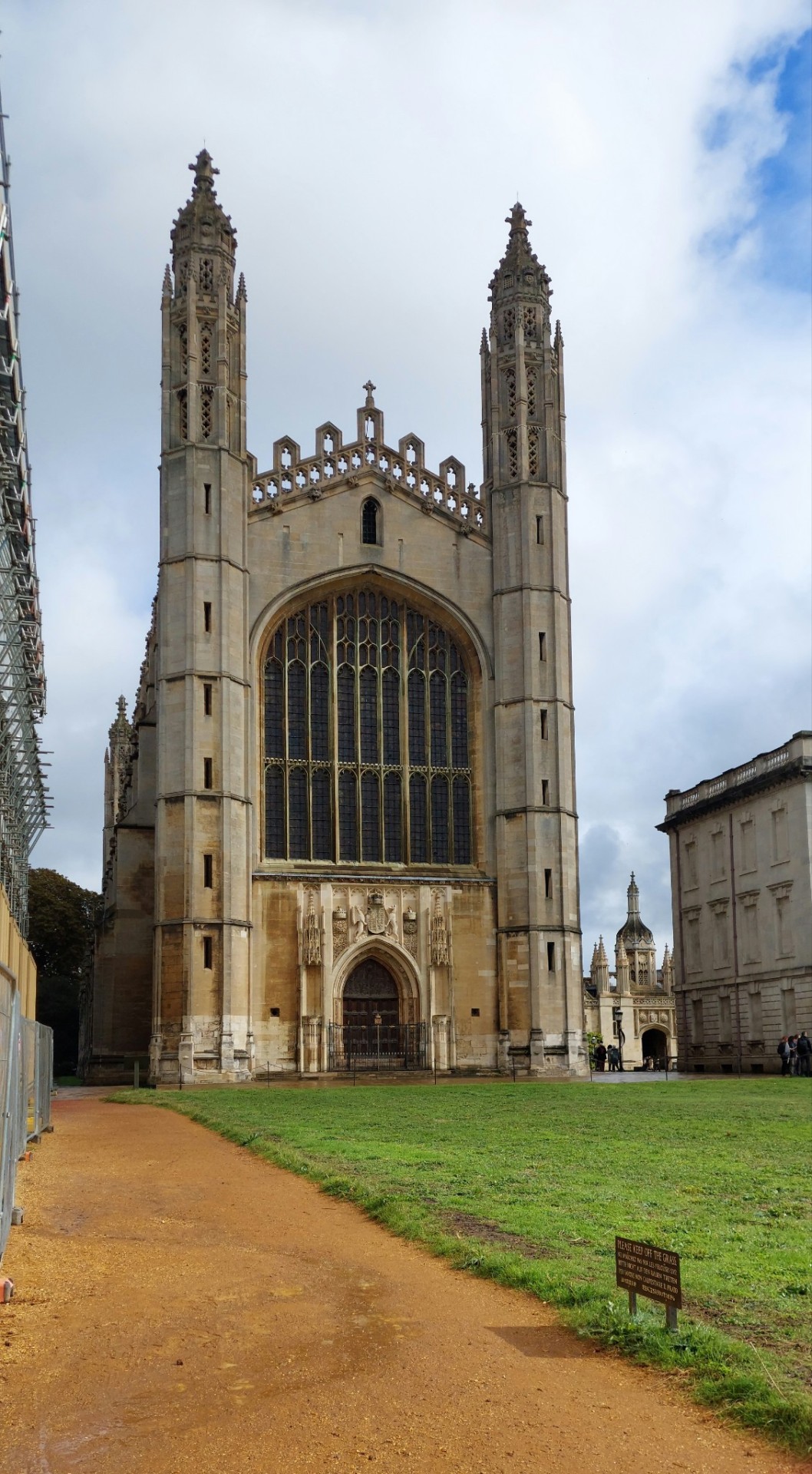
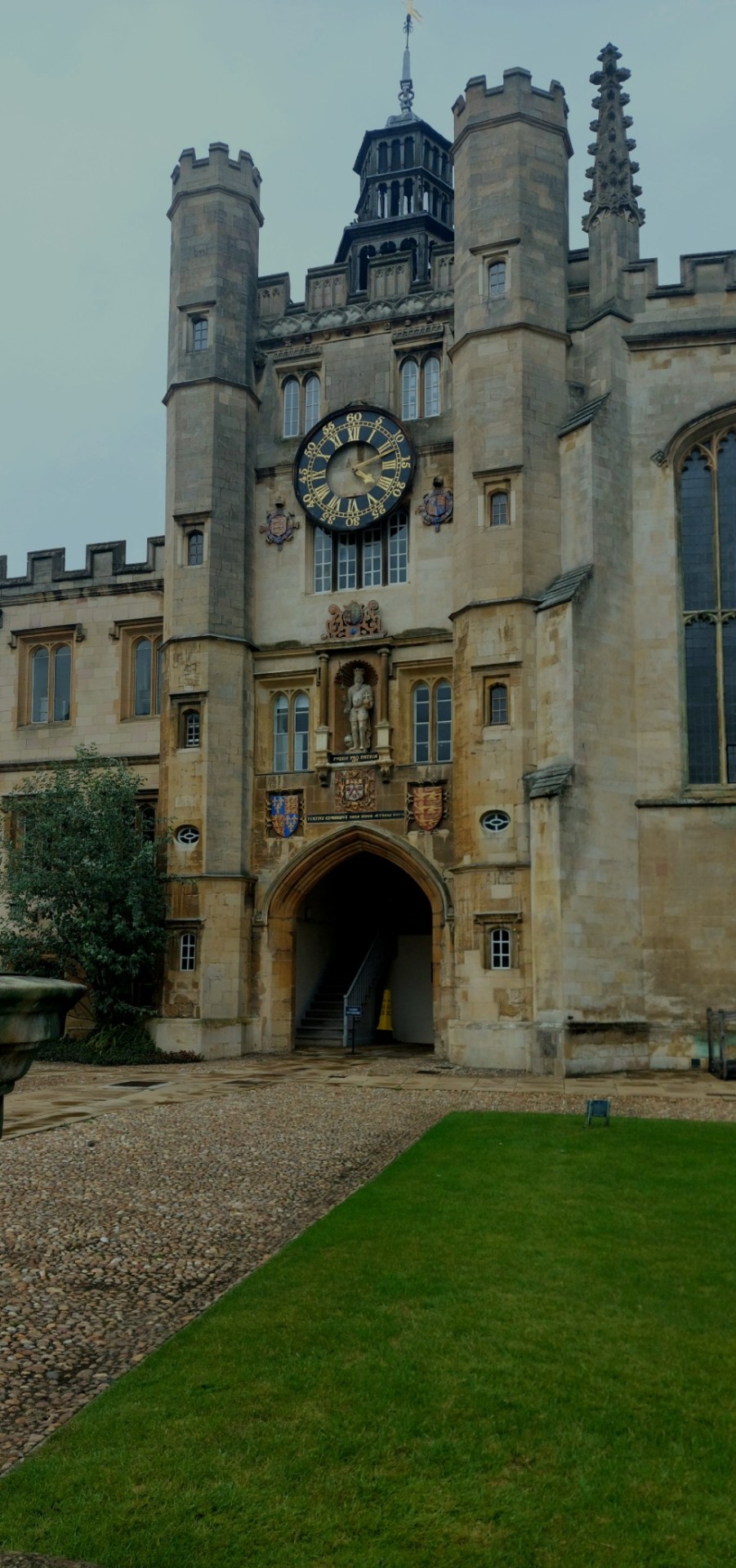
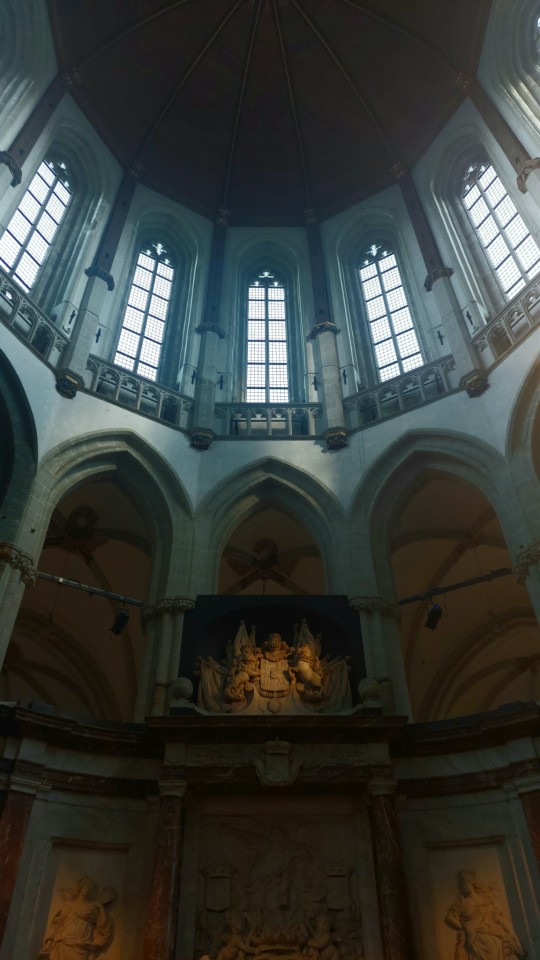
Did I mistake you for a sign from God?
#cathedral#chapel#church#church aesthetic#stained glass#Cambridge#oude kerk#nieuw kerk#amsterdam#king's college#king's college chapel#sleep token#dark academia#travel#aesthetic#architecture#moodboard
13 notes
·
View notes
Text

'True, for Alan Turing' | Antony Gormley | King’s College Cambridge
51 notes
·
View notes
Text


Joseph Murray Ince (Welsh, 1806 - 1859) King’s College Chapel, Cambridge, 1843.
📷 King's College Chapel, Cambridge - The Great East Window. [source]
32 notes
·
View notes
Text

#cambridge#king's college#cambridge uni#sky pictures#sky#old building#architecture#clouds#cloud pictures
2 notes
·
View notes
Text

King's College, Cambridge, 1978.
#urban landscape#universities#architecture#king's college#cambridge university#england#united kingdom#1978#photographers on tumblr
7 notes
·
View notes
Text

A bumblebee sits on a poppy in a wildflower meadow at King’s College, Cambridge. A study by the college shows that establishing the meadow has made a considerable impact to the wildlife value of the land while reducing the greenhouse gas emissions associated with its upkeep. It found that the wildflower meadow supported three times as many species of plants, spiders and bugs, including 14 species with conservation designations. Bat activity over the meadow was three times higher than over the remaining lawn
Photograph: PA
#pa#photographer#bumblebee#bee#insect#poppy#wildflower meadow#flower photography#king's college#cambridge#nature
11 notes
·
View notes
Photo

KING’S COLLEGE CHAPEL – BUILT BETWEEN THE LATE 15TH AND EARLY 16TH CENTURIES, CAMBRIDGE, ENGLAND
Throughout the late 15th and early 16th centuries, a beautiful Gothic chapel was erected in the University of Cambridge's King's College. In addition to mesmerizing fan vaulting and a painting by Baroque master Peter Paul Rubens, King's College Chapel is famous for its treasure trove of narrative windows. The iconography featured in the splendid panes incorporates both religious and royal motifs and illustrates the artistic advancements of England's late Gothic period.
King's College Chapel (Photo: DeFacto via Wikimedia Commons, CC BY-SA 4.0)
#defacto#photographer#wikimedia commons#king's college chapel#cambridge#england#stain glassed windows#architecture#baroque#peter paul rubens#culture#history
52 notes
·
View notes
Photo
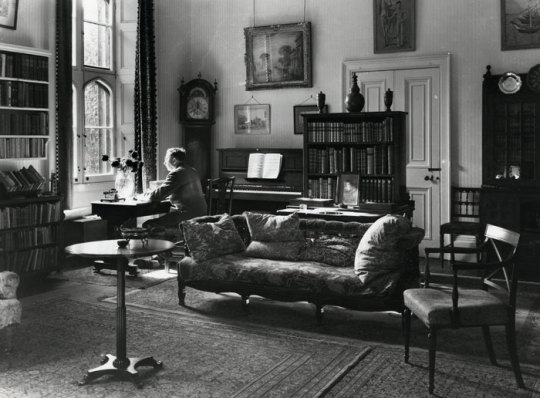
I suggest that the only books that influence us are those for which we are ready, and which have gone a little further down our particular path than we have yet gone ourselves.
- E.M. Forster
E.M. Forster in his rooms at King’s College, Cambridge.
213 notes
·
View notes
Text


Catherine's Royal Closet (28/∞) ♚
↬ Bespoke Grey Tweed Belted Coat-Dress
Catherine debuted this custom grey tweed Catherine Walker dress on a joint engagement along with Queen Elizabeth in 2019 and since then has worn it on a few more occasions with the latest being in 2022 for a visit to Trinity Buoy Wharf along with King Charles and Queen Camilla.
The tweed coat-dress has a pleated full skirt that hits on the knee and it features a belted waist, pointed collar, and buttons on the cuff. Black velvet has been used to give it a contrasting detailing.
#catherines royal closet.#catherines royal closet#british royal family#british royals#royalty#kate middleton#brf#royals#british royalty#catherine middleton#duchess of cambridge#royal#princess of wales#the princess of wales#princess catherine#catherines coats#rc catherine walker.#catherine walker rc.#kings college 2019#foundling museum 19#uk holocaust memorial day commemorative ceremony 20#trinity buoy warf 22#royal fashion#fashion#style#lookbook#tweed#tweed blazer#bespoke#mine
29 notes
·
View notes
Text


The Festival of Nine Lessons & Carols is the highpoint of the Advent calendar, sung annually in King's College Chapel on Christmas Eve.
#Advent#Nine Lessons & Carols#Cambridge#Christmas Eve#tradition#boy choir#King's College Chapel#choral perfection
35 notes
·
View notes
